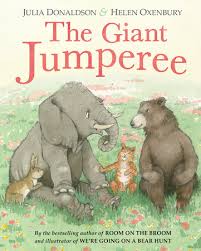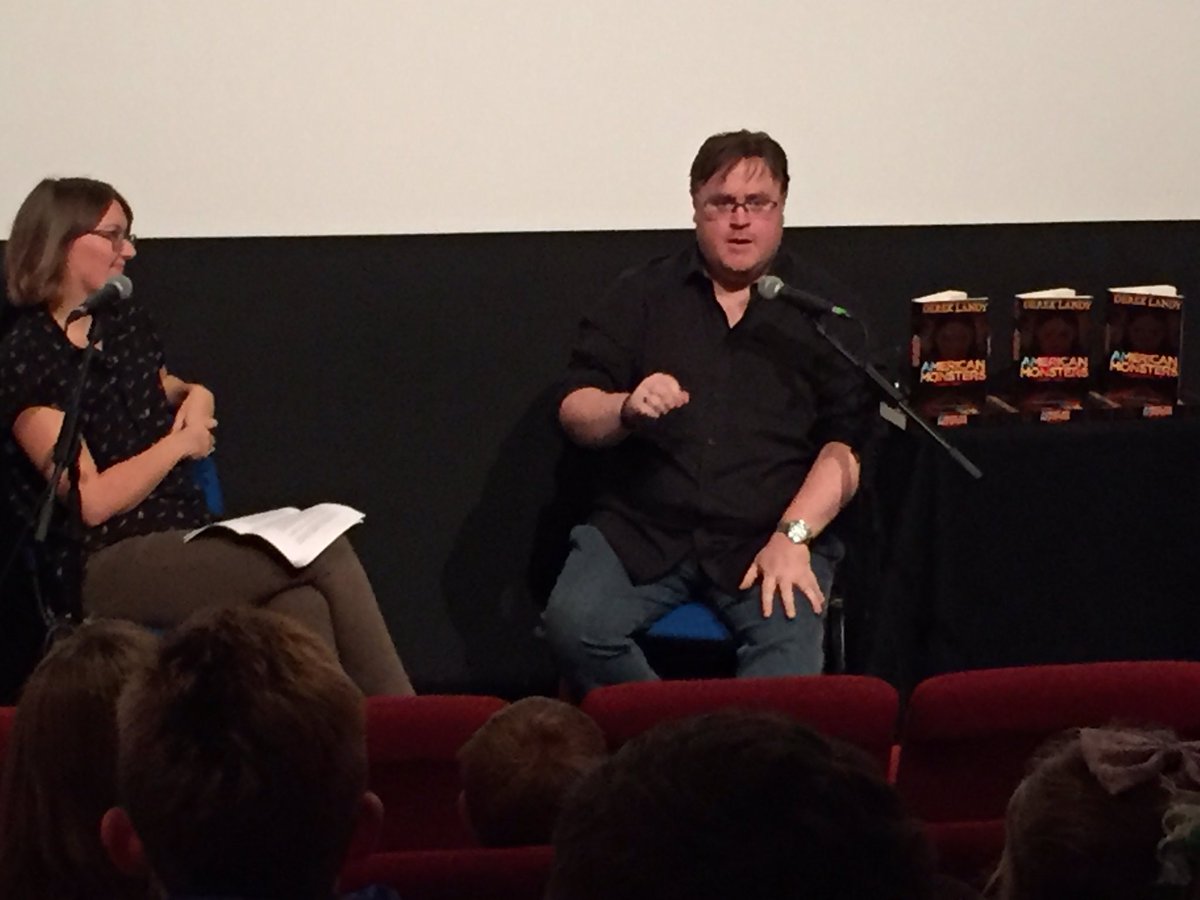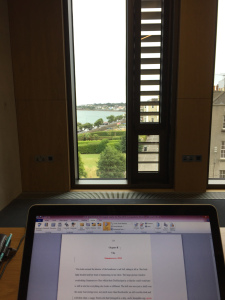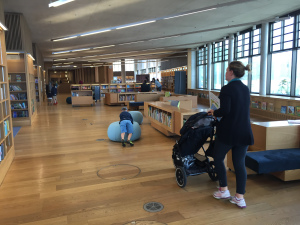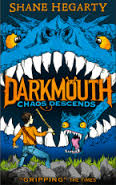There are some fantastic books for children and teenagers on the way in 2017, including a picture book from the dream team of Julia Donaldson and Helen Oxenbury and the second in Dave Rudden’s exceptional Knights of the Borrowed Dark fantasy adventure series. The Bookseller magazine, the bible for the book trade sees ‘Middle Grade’ (age 9+) books as a big trend for 2017 and there are certainly some strong books for this age group coming through, including See You in the Cosmos by Jack Cheng (Penguin Random House Children’s, March) the story of an eleven year old boy who wants to launch his iPod into space to talk to other lifeforms; and Fish Boy by Chloe Daykin (Faber, also March), a beautifully written debut about a lonely boy who is obsessed with swimming.
January sees the publication of Wing Jones by Katherine Webber (Walker Books), a novel about identity, family and running for age 12+; and Julian Gough and Jim Field are back with Rabbit and Bear: The Pest in the Nest (Hodder), another funny, noisy adventure for early readers.
There’s been a lot of talk about Wed Rabbit by Lissa Evans (David Fickling), the story of ten year old Fidge and her spoilt cousin, Grahame who find themselves in a magical world that looks strangely like the picture book Fidge reads to her little sister at bedtime. Also January.
Adult writer, Emily Barr’s first YA novel, The One Memory of Flora Banks (Penguin Random House Children’s) is gripping. Seventeen year old Flora has anterograde amnesia and can’t recall day to day things. But when she wakes up the morning after her first kiss, she remembers it and sets off for the Arctic in search of the boy and her memories. (Mid-January)
Sarah Crossan and Brian Conaghan’s We Come Apart (Bloomsbury) is a key title in February, a novel in free verse about Romanian teen, Nicu and English girl, Jess. For younger children, Lucy Cousins is back with a vibrant new picture book, A Busy Day for Birds (Walker Books); and Cass and The Bubble Street Gang: The Clubhouse Mystery by Erika McGann (O’Brien Press) sounds fun for young readers of age 7+. Also from an Irish publisher, this time Little Island Books, is A Dangerous Crossing by Jane Mitchell, the story of a boy fleeing from Syria. Age 11+.
Fast Forward by Judi Curtin (O’Brien Press) is being published for World Book Day on the 2nd March for age 8+; and also in March, The Space Between by Meg Grehan (Little Island) is a love story in verse for teenagers about friendship and mental health. Grehan is only twenty-four and this is her first book. Gill Books have the Naturama Nature Journal for budding naturalists, by Michael Fewer and illustrated by Melissa Doran.
The Forever Court, book 2 in the Knights of the Borrowed Dark series by Dave Rudden, (Penguin Random House Children’s) is coming in April featuring battles in ‘quiet Dublin bookshops’.
Also in April, We’re All Wonders by RJ Palacio (Penguin Random House Children’s) sees the return of Auggie from the original novel, Wonder which has sold over five million copies worldwide. There is a movie of Wonder coming in 2017 so expect a lot of noise around this new book too.
The Giant Jumperee (Penguin Random House Children’s) is a new picture book by Julia Donaldson and illustrated by the multi award-winning Helen Oxenbury. Rabbit is in his burrow when he hears a voice outside: ‘I’m the Giant Jumperee and I’m as scary as can be.’ (April again.)
And finally in April, The Hate U Give by Angie Thomas (Walker Books) is getting a lot of pre-publication attention both here and in the US. Inspired by the Black Lives Matter movement, it’s a YA novel about prejudice in the 21st century.
In May we have Keepsake by Paula Leyden (Little Island), about two children and their race to save their beloved horse, Storm. Age 8+.
June sees the return of Derek Landy’s hugely popular Skulduggery Pleasant series with book ten in the series (Harpercollins); and Moira Fowley-Doyle’s new book, Spellbook of the Lost and Found, about six Irish teenagers who find a sinister book.
In August we have The Guggenheim Mystery by Robin Stevens (Penguin Random House Children’s), the sequel to the London Eye Mystery by the late Siobhan Dowd, a clever way of keeping Dowd’s work alive.
September sees the return of feisty heroine, Ebony Smart in The Book of Revenge, the last book in the Nine Lives trilogy by E R Murray (Mercier); and Tangleweed and Brine by Deirdre Sullivan and illustrated by Karen Vaughan (Little Island) takes Cinderella and other tales and gives them a ‘dark, witchy makeover’. Perfect for the lead up to Hallowe’en.
Sarah Webb writes for both adults and children. Her new poetry and rhyme collection for children, A Sailor Went to Sea, Sea, Sea, illustrated by Steve McCarthy will be published by O’Brien Press in the autumn. She is currently Writer in Residence for Dún Laoghaire/Rathdown.
This article first appeared in The Irish Independent

